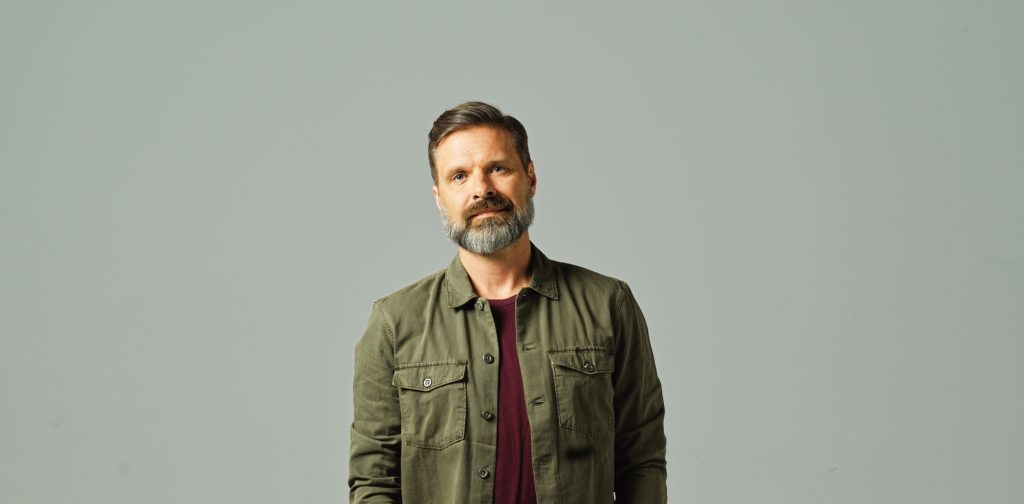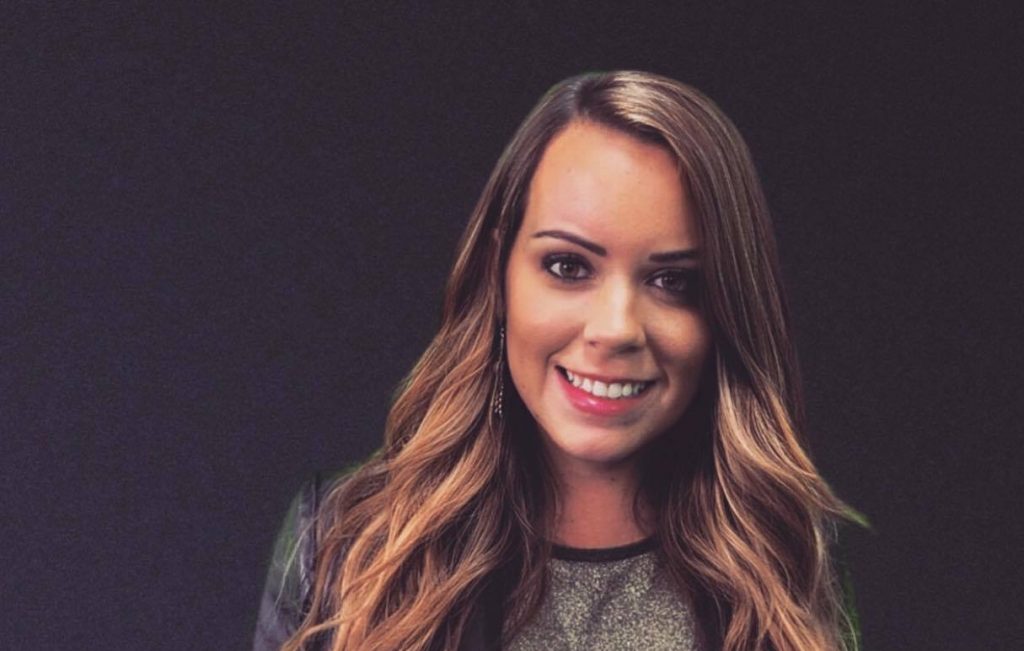Dr. Brian Fikkert and his co-author Dr. Kelly Kapic believe the church should be on the front lines of the global fight against poverty. But they also point to some long-held misconceptions about just how involved God is in our lives that are holding us back. Dr. Brian explains:
“We don’t actually understand what human flourishing looks like or how to achieve it. So for most of us, we’ve got the wrong story in our head: I accept Christ as my Savior. He’ll get my soul to heaven some day. So I can live my best life now, because there’s nothing else to do. That’s not God’s story.”
“His story starts in the garden, and what’s interesting is to reconsider what’s going on in the Garden of Eden. In the garden, human beings are actually wired to live in God’s very presence. The Garden of Eden was actually a temple in the sense of it being a place where God met with human beings. So we’re hardwired, literally physically and spiritually hardwired, to dwell in the very presence of God.”
Along with that extraordinary reality came a great purpose.
“Adam and Eve in that garden had a task. They were to be priests and kings in this tree throughout the Bible. Priests who were to spend all of their lives worshiping God and leading all of creation into the worship of God. And Kings. They were co-rulers with God in developing, in unpacking, and protecting his creation. So the priest kings – that’s the good news of what a human being is made to be.”
“And then the fall happens, and we lose that status. But what’s so interesting is that – in the Bible – becoming a believer means to be restored to a proper relationship with God. We are brought back into the temple! We’re actually restored to full human-ness. And the New Testament talks about us being that royal priesthood. That holy nation. We’re restored as priest kings. That’s the goal. As priest kings, it’s a different vision. And there’s a different way of achieving that vision than simply trying to get more stuff!”
Once our perspective is refreshed, we can start to see the situation on the ground differently.
“So the first step is to recognize the goal. The goal isn’t more stuff. The goal is service. The goal is worship. The goal is pouring ourselves out. And once we understand that’s the goal, we start to realize that the homeless person has fallen short of that, but I’m falling short of that too! So the goal isn’t to take the homeless person and make the homeless person like me. The goal is for both the homeless person and myself to move toward what God intended for us to be!”
Dr. Brian Fikkert is the founder & president of the Chalmers Center at Covenant College. He first addressed the issue of the church’s response to poverty in the highly-respected book When Helping Hurts and now returns to this vital area with his co-author Dr. Kelly Kapic in the new title Becoming Whole: How the Opposite of Poverty Isn’t the American Dream.
On the Road with Dr. Brian Fickert





















